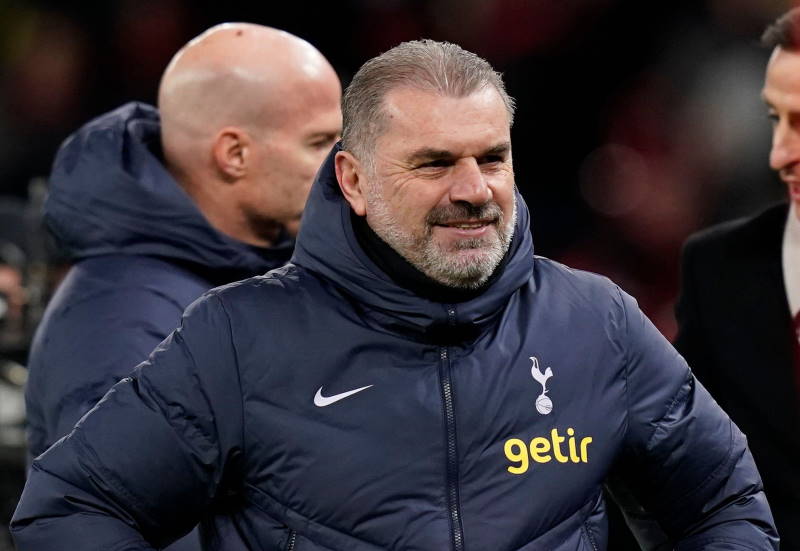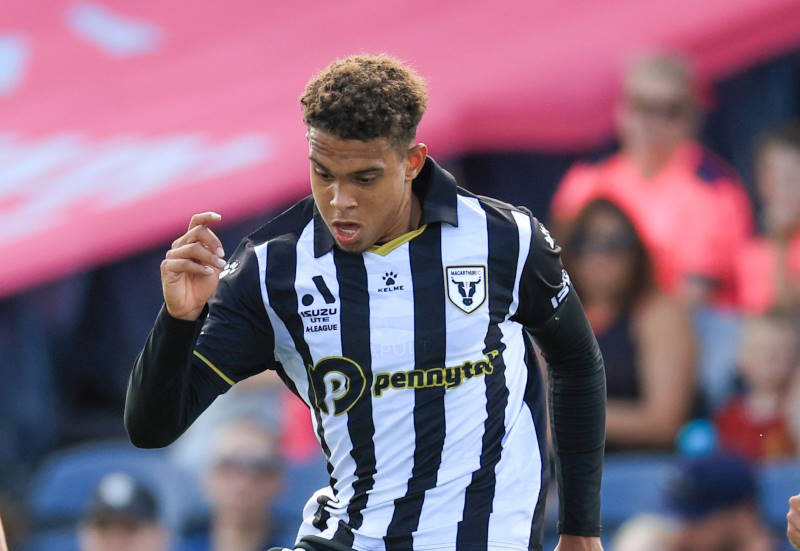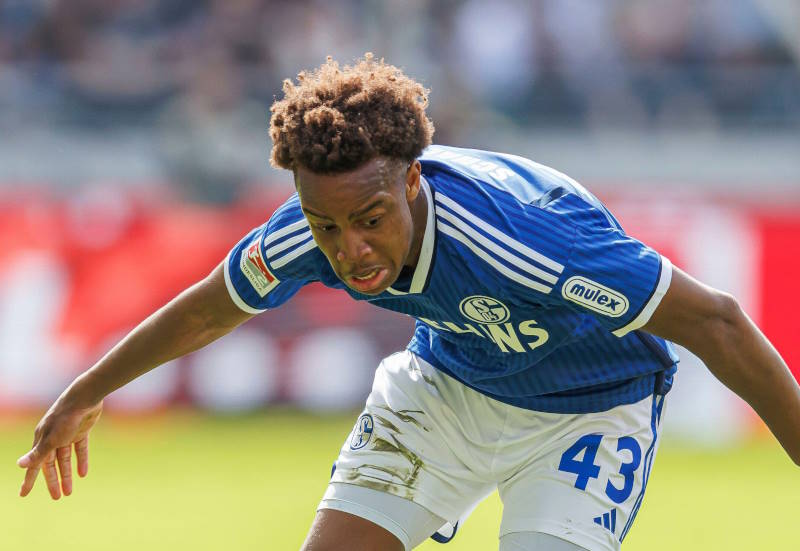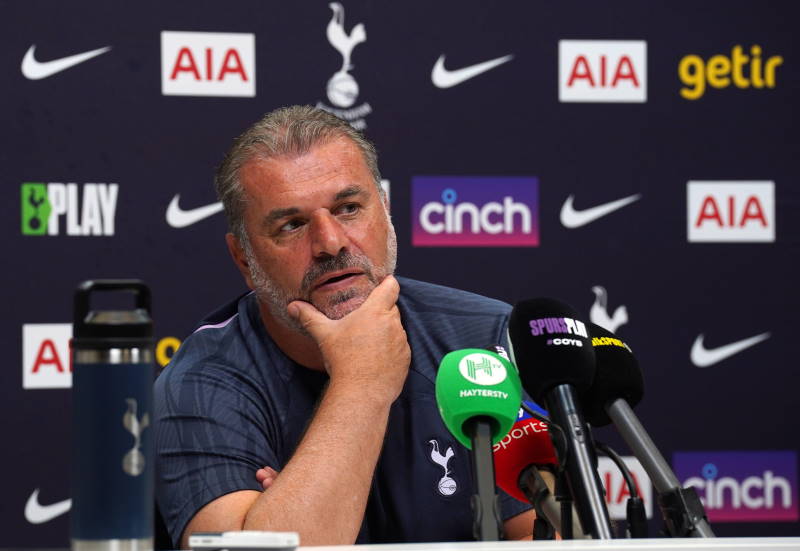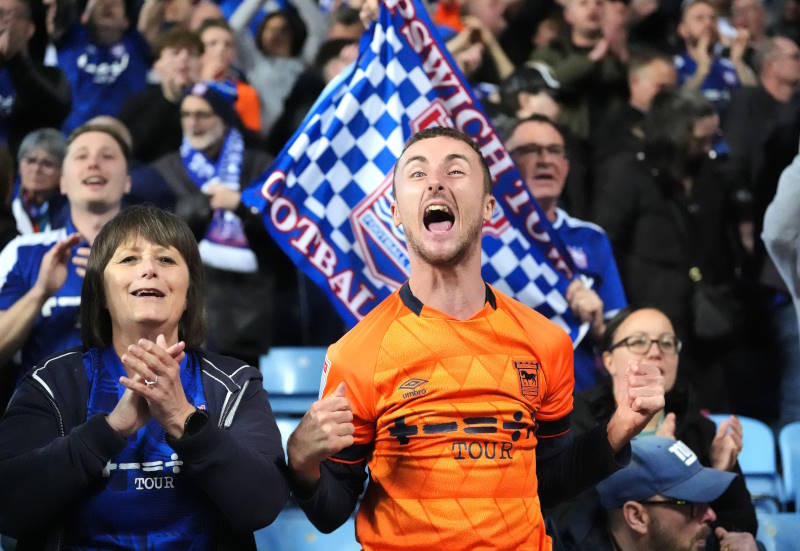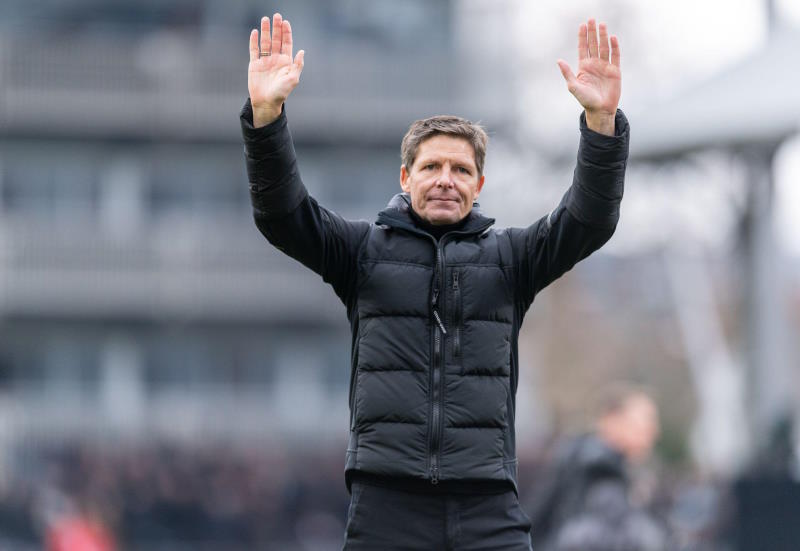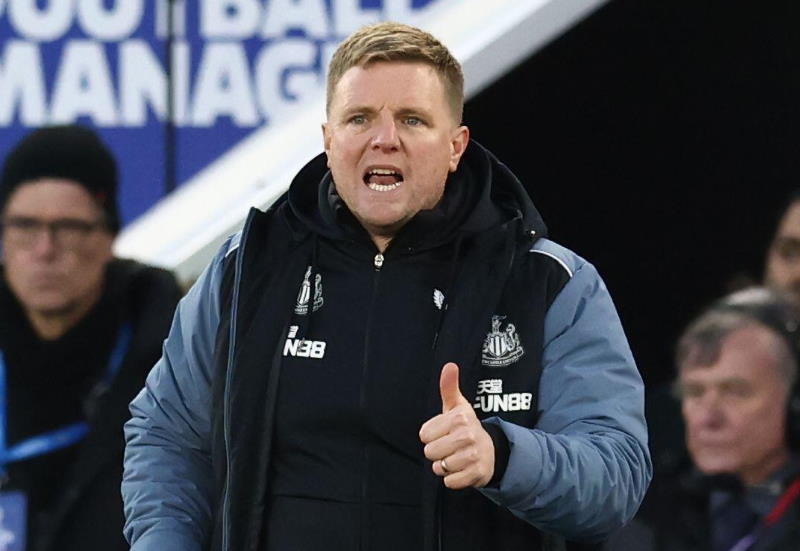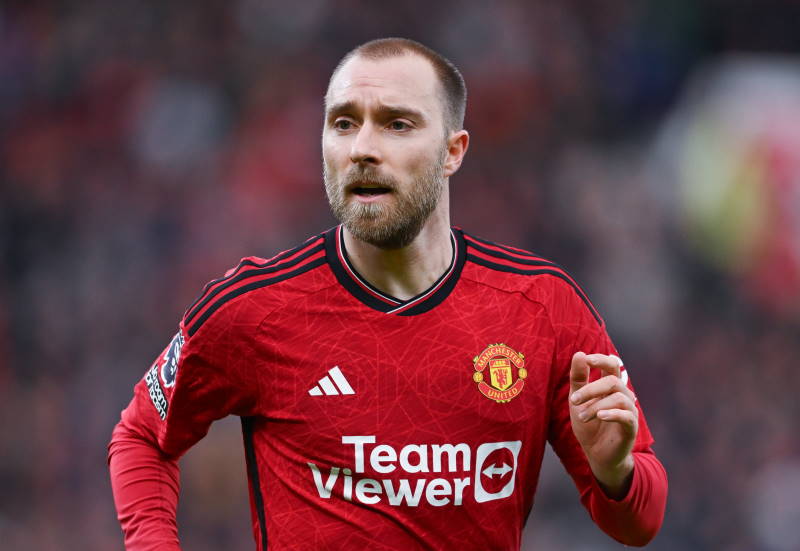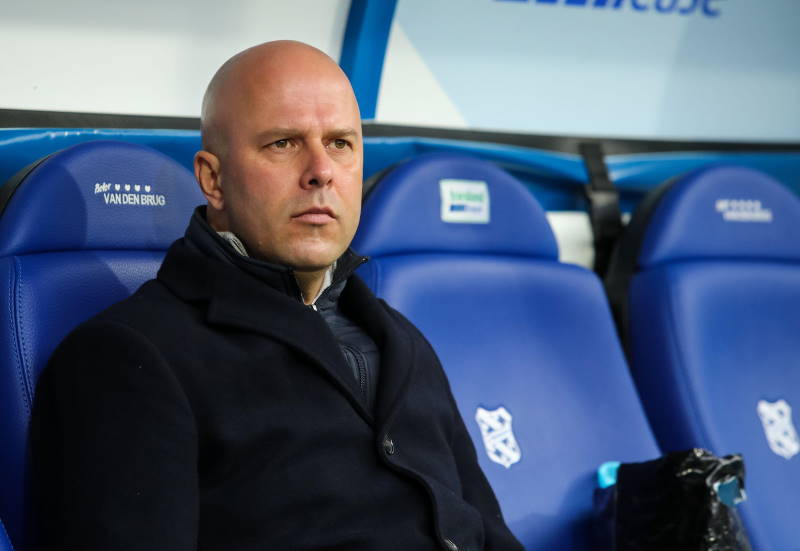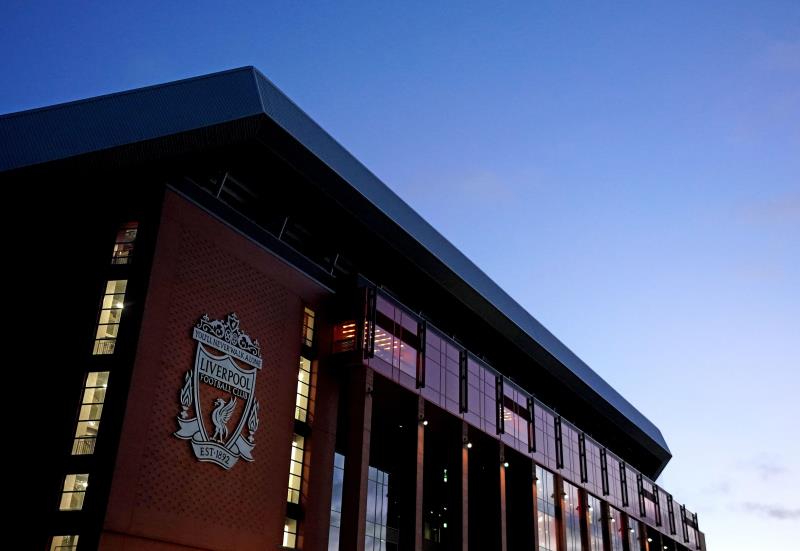
Matt Oldfield
Since its beginnings in 1978, the UEFA European Under-21 Championship has discovered and celebrated such talents as Rudi Voller, Luis Figo, Fabio Cannavaro, Andrea Pirlo, Petr Cech and Laurent Blanc. It is no surprise, therefore, that the world’s top clubs sent their scouts to Sweden this June, hoping to find ‘The Next Big Thing’ in a tournament packed with great young talent. Germany were the surprise, but certainly deserved winners, thrashing England 4-0 in the final. But some players caught the eye more than others and simply seem destined for bigger things.
Manuel Neuer – Goalkeeper – Germany
Petr Cech was the star at the 2002 championship, and this 23 year-old stopper looks set to follow in his large footsteps following a series of fine displays in Sweden. Germany only conceded one goal in the five games they played in the tournament thanks to a solid defence but most importantly Neuer’s brilliant shot-stopping. Neuer’s greatest moment came in the semi-final match against Italy, where a string of great saves kept Germany in the game and in the tournament. The Schalke goalkeeper will surely now add to his solitary appearance for his country at senior level and establish himself as Germany’s number one. Neuer will also want to add to his Champions League experience, and following Schalke’s poor 2008/09 campaign, he may have to go elsewhere to further his career. With good young goalkeepers in fairly short supply, the future looks very bright for Manuel Neuer.
James Milner – Midfielder – England
Despite missing two penalties, the Aston Villa midfielder still emerged as one of England’s – and the tournament’s – best players thanks to some inspired, hard-working performances. Lee Cattermole, Kieran Gibbs and Micah Richards also performed well in Sweden, but it was Milner who seemed to inspire England most. In the opening game against Finland, Milner delivered the corner for Micah Richards’ winner and against Spain he was lively throughout, creating chance after chance. The Aston Villa star missed the penalty he had won but recovered to double England’s lead later on with an emphatic finish after a darting run. Milner was at it again in the semi-final, setting up the opener and causing a nuisance for the Swedish defence. His miss in the penalty shoot-out was cruel considering his great contribution to England’s progression to the final, where the midfielder and his team-mates were unable to stop the Germans.
Ever since he burst on to the English football scene in 2002 with Leeds United, great things have been expected of James Milner, and he has at times failed to live up to them. However, his time appears to have finally come. He must use the tournament and his successful domestic season with Aston Villa, to push himself towards the England senior side and top level European football.
Sebastian Giovinco – Attacking Midfielder – Italy
Robert Acquafresca provided the goals and Mario Balotelli provided the drama, but it was Giovinco who provided Italy’s class. The Juventus playmaker played with poise and grace throughout the tournament and played an integral role in Italy’s progression to the semi-final. Against hosts Sweden, Giovinco was the star. First he set up Balotelli’s opener with a beautiful chipped pass and then set up Acquafresca’s winner after being fouled. Despite Italy going down to ten men when Balotelli was sent off, Giovinco ran the game from midfield. He was not quite so influential against Belarus but the Juventus player still created chances and was involved in the build-up for both goals. Giovinco had chances against Germany in the semi-final as well but like his team-mates, he was unable to convert them.
Giovinco is seen by many as the future of Juventus but he has attracted considerable interest from Arsenal, where manager Arsene Wenger wants to add him to his long list of creative midfielders. The Italian is yet to firmly establish himself at the Turin side, however his performances at this year’s European Under-21 Championships should push him into the first team, either at Juventus or one of Europe’s other top clubs.
Marcus Berg – Striker – Sweden
It may well be many years before someone breaks this striker’s record of seven goals in a European Under-21 Championship. Berg had a great strike partner in Ola Toivinen and good support from Rasmus Elm, but the Groningen striker was still the star. Berg started the tournament with a hat-trick against Belarus, scored two in the middle against Serbia and ended with two goals against England. With quick feet, pace, great shooting and good aerial prowess, the 22 year-old showed the scouts that he is the complete striker with a full array of finishes. He was quiet against Italy and during long periods against England, but remains a proven finisher who punishes any lapses in concentration, as Stuart Pearce’s defence discovered.
Berg already has seven caps for the Swedish senior team and a proven goalscoring record in top-flight Dutch football. However, his performances at this year’s Under-21 tournament should make him both a first choice striker for the senior Sweden team and a target for Europe’s top clubs. Clinical goalscorers will always be hot property and Berg looks likely to have a big impact on European football in years to come.
Mesut Özil – Midfielder – Germany
2009 has been an excellent year for this German playmaker. Having taken his club Werder Bremen to European and domestic cup finals, Özil then orchestrated Germany’s Under-21 triumph with one goal and four crucial assists. Özil was not the most consistent performer at the tournament but he showed his class on two important occasions in particular. After a goalless draw with Spain, Finland were also looking like tough opponents for Germany until Özil turned the game with two assists in three minutes in the second half. The German saved his best game, however, for the final against England. Özil set up Gonzalo Castro for the first goal and then doubled the lead with a long-range free-kick. England simply could not deal with his playmaking skills, as the youngster played Wagner through for the third goal and continued to create chance after chance.
Özil will undoubtedly add to his one German senior team appearance very soon and could perhaps establish himself as the next Michael Ballack. Midfield playmakers are not exactly in short supply at the moment but Özil seems too good to not be playing Champions League football and with Werder Bremen struggling in the Bundesliga, he may find that he needs to move on to fulfil his undoubted potential. If so, there will certainly be no shortage of suitors.
Related Articles:

